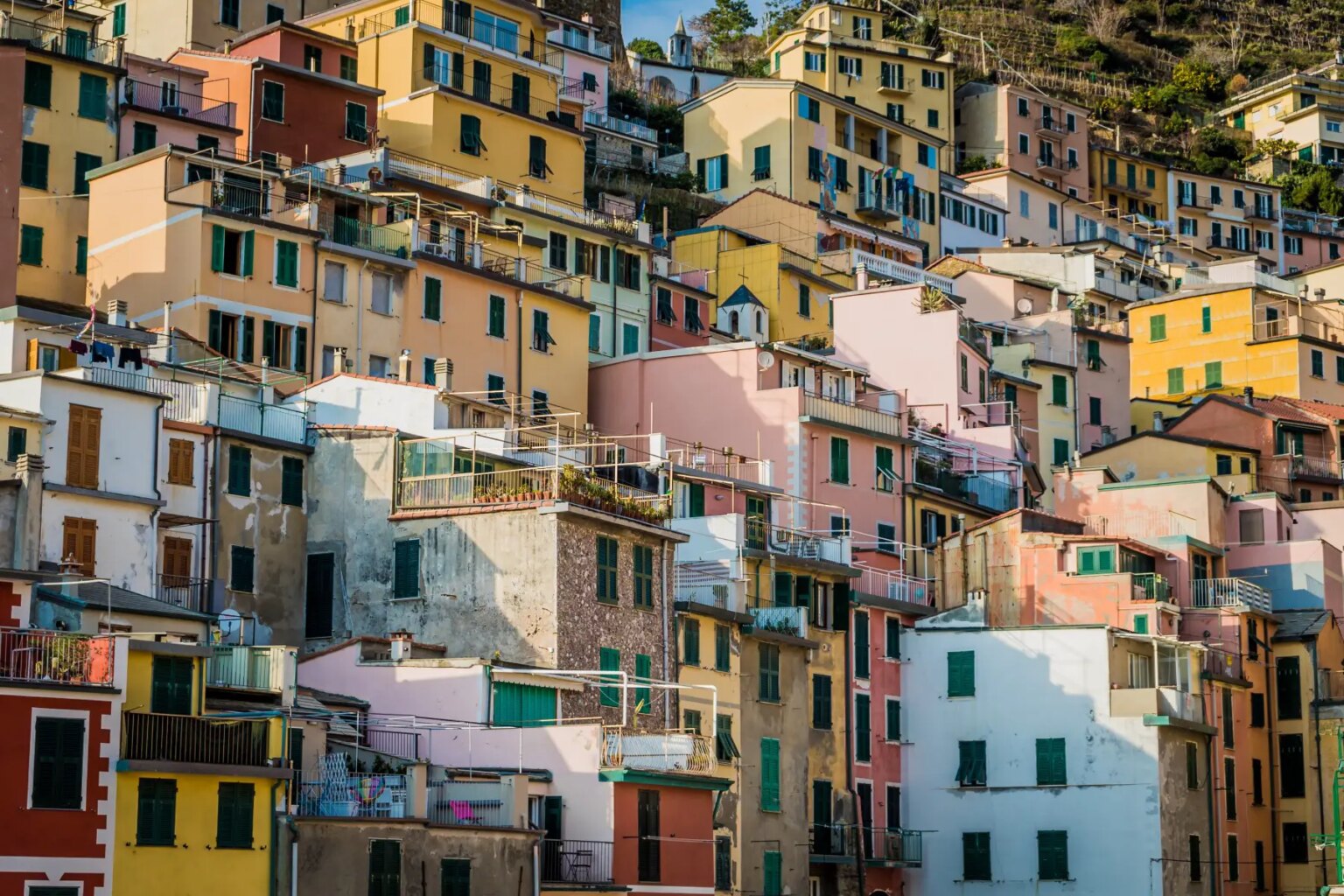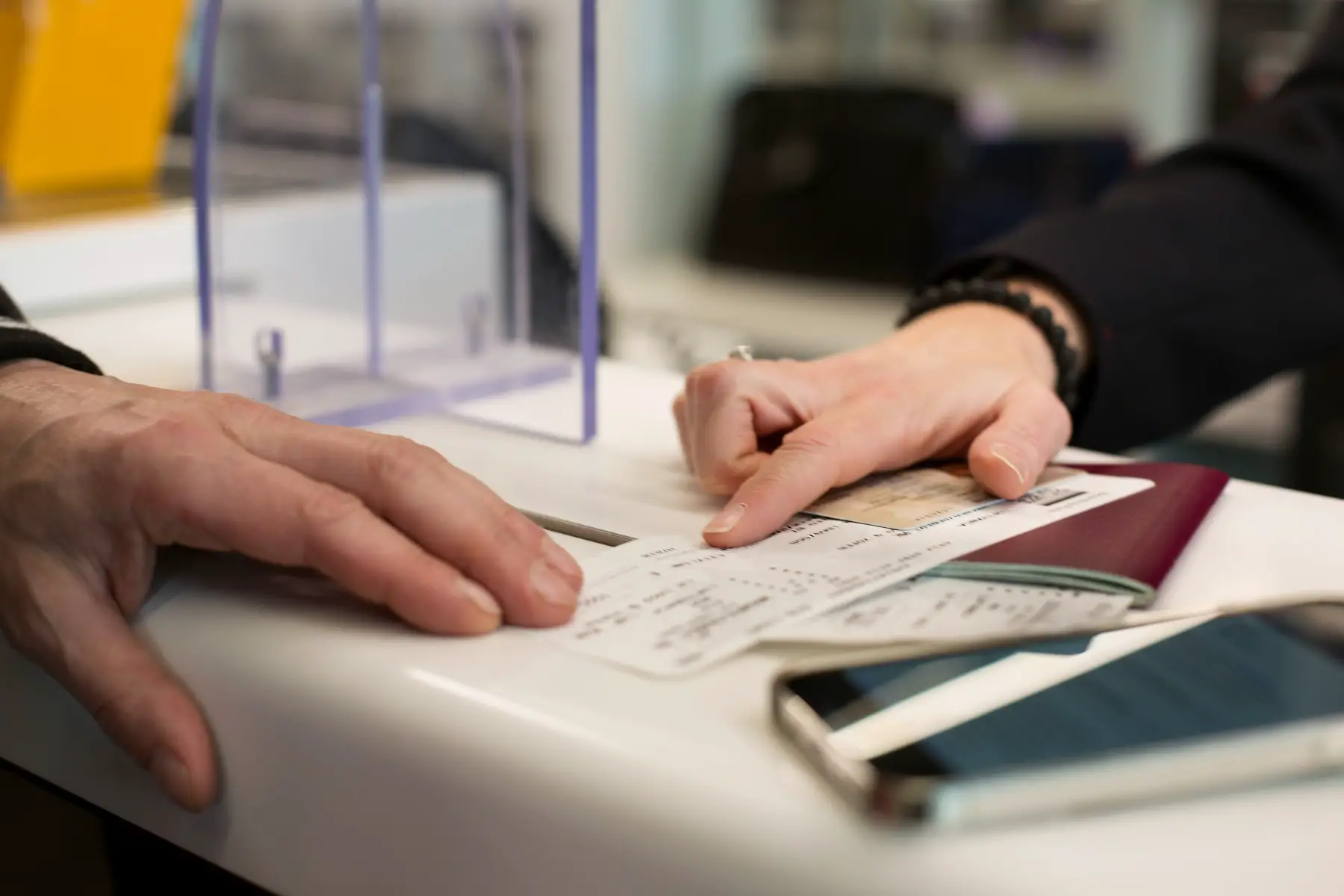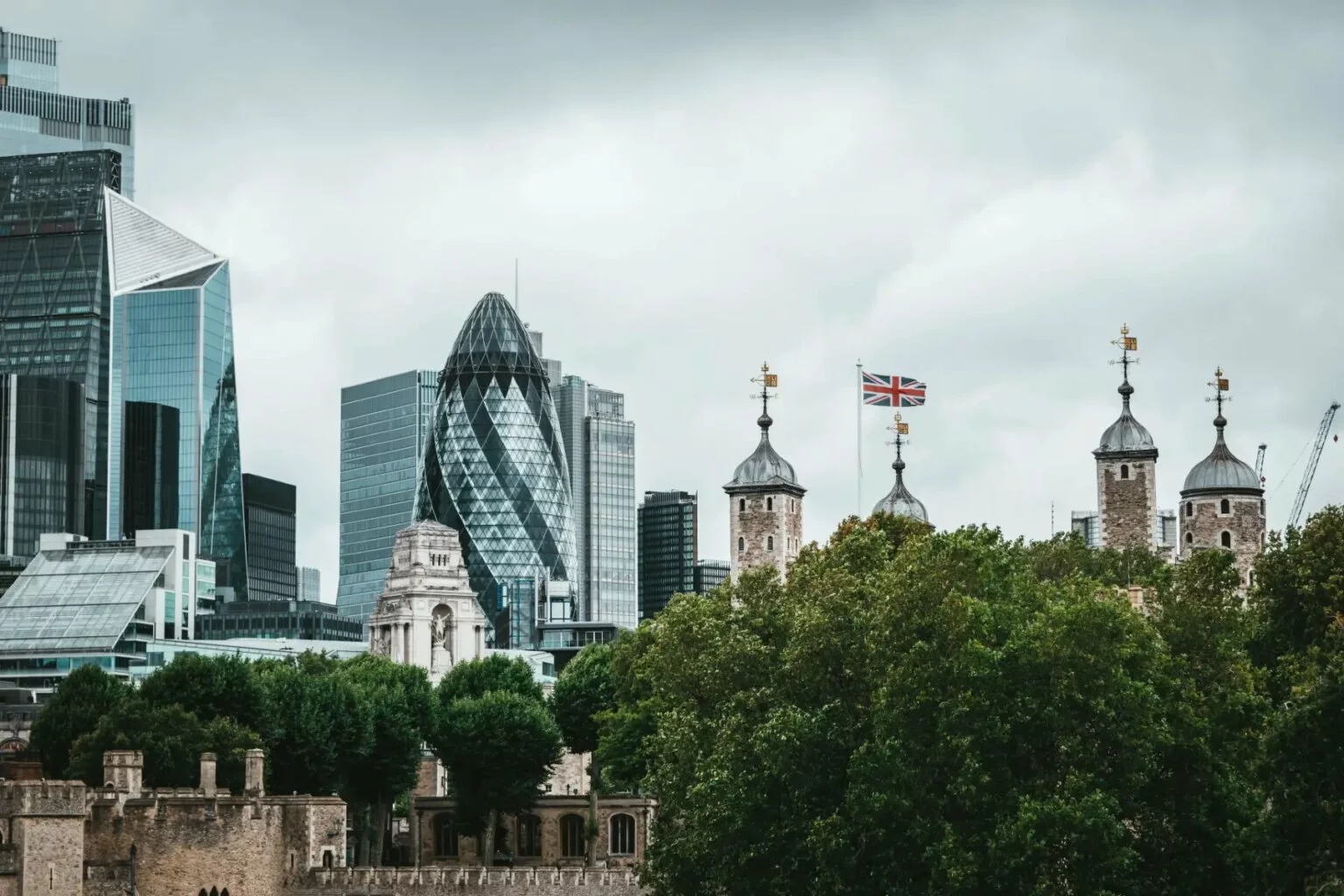If you have moved to Italy and you like what it has to offer, you can apply for permanent residence after five years of legal residence. This permit means that you will have some – though not all – of the same rights as Italian citizens. An additional benefit is that you don’t have to worry about repeatedly renewing your regular residence permit.
Here’s what you need to know about getting permanent residence:
- Permanent residence in Italy
- Italian citizenship vs permanent residence
- Requirements for permanent residence
- How to apply for permanent residence in Italy
- How much does permanent residence cost?
- Renewing your permanent residence in Italy
- Italian permanent residence for family members
- Can you lose your permanent residence rights?
- What to do in case of refusal (appeals)?
- Useful resources
Moving2Italy
When relocating to Italy, get expert help from Moving2Italy on taxes, work permits, and setting up a business. They also provide personalized support for immigration, social security, and residence, helping you navigate your new life abroad. For assistance with fiscal and immigration matters, contact Moving2Italy.
Permanent residence in Italy
All expats can take up permanent residence (soggiorno permanente) in Italy after having legally lived there for at least five years, provided they meet all other requirements.

Getting an EU residence permit for long-term residents (permesso di soggiorno UE per soggiornanti di lungo periodo) is not mandatory. However, it does allow you to settle in Italy without having to renew your regular residence card (permesso di soggiorno provvisorio) ever so often.
Despite what the name applies, the permit is available to all foreign nationals in Italy – not just those from European Union (EU) or the European Free Trade Association (EFTA – Iceland, Liechtenstein, Norway, and Switzerland).
According to the Italian National Institute of Statistics (Istituto nazionale di statistica – Istat), 66% of the 5.2 million expats in Italy (in Italian) had a permanent residence permit in 2021. More specifically:
- 75.2% of all non-EU Europeans
- 69.1% of all Latin Americans
- 62.9% of all Africans
- 60.5% of all Asians
Only a handful of people decide to become Italian citizens each year. In 2022, 121 457 internationals were naturalized.
The Department of Civil Liberties and Immigration (Dipartimento per le Libertà civili e l’Immigrazione) is responsible for Italian visas and immigration, including (permanent) residence permits. This is a subsidiary of the Italian Ministry of the Interior (Ministero dell’Interno).
Italian citizenship vs permanent residence
In many ways, permanent residence is similar to full Italian citizenship. For example, you gain many of the same rights, such as:
- Entering, studying, working, freelancing, or setting up your own business in Italy without an additional visa
- Relocating to other EU member states and the Schengen area for study or work purposes
- Access to Italian social security, social services, public housing, education, and pension schemes
That said, there are also some key differences.
For instance, when you are a permanent resident, you cannot leave the country for more than six consecutive years. Citizenship allows you to relocate to another country without ever having to go back to Italy.

It takes five years to become eligible for permanent residency and double that amount for Italian citizenship.
Although it is a lengthier and costlier process, citizenship does provide you with additional rights. These include:
- An Italian passport
- Full political rights (e.g., voting in elections or standing for public office)
- Extra rights for children
Requirements for permanent residence
To qualify for permanent residence, you must have lived in Italy for at least five consecutive years. You are not allowed to leave the country for a continuous period of more than six months, or a total period of more than 10 months.
That said, the requirement can be eased in some cases. For example, you:
- Can leave Italy for more than 10 months if there are military obligations or ‘serious and documented’ reasons
- Have lived in Italy for at least two years and are unable to work due to being permanently incapacitated
- Are pursuing work in another EU member state while continuing to live in Italy
- Are retiring after having worked in Italy for at least 12 months and have lived in the country for at least three years
Other requirements for permanent residence include:
- An annual minimum income that is higher than the payout of social benefits (equal to €6,079.45 for 2022)
- An existing long-term residence permit (e.g., a work visa or family visa)
- Proof of a clean criminal record
- Passing an Italian language test to at least A2 level
- Failing or not showing up for the test means having to wait 90 days to retake it
- Missing the test due to medical reasons means retaking it after your recovery, provided you have a certificate from your family doctor or a doctor from your Local Health Unit (Azienda Sanitaria Locale – ASL)
The language test is not obligatory if:
- You have serious learning disabilities and a medical certificate to prove it
- The applicant is under the age of 14

If the application includes dependent family members (e.g., minor children), you must prove that you have suitable accommodation. The housing requirements are prescribed by regional law and are overseen by the local health authorities.
Asylum seekers and refugees
Immigrants with international protection can also apply for permanent residence after at least five years. The submission date of your application for international protection will be taken as starting point.
Other requirements for refugees include:
- A yearly minimum income that is higher than that of social benefits (i.e., €6,079.45 in 2022)
- An existing long-term residence permit
You do not have to take or pass the Italian language test. Moreover, if you are applying for your (dependent) family members, you do not have to demonstrate suitable accommodation.
United Kingdom (UK) nationals
Since Brexit, the UK is no longer an EU member state. Under the terms of the Withdrawal Agreement, British citizens living in Italy before 1 January 2021 will keep the residency rights they had when they were still EU citizens.
That means you can stay in the country on a temporary residence card and are eligible for a permanent residence permit after five years.
You can find more information on the websites of the UK government and the Italian Ministry of the Interior.
How to apply for permanent residence in Italy
The application process for a permanent residence permit is similar to that of a regular residence permit. You can apply at:
- Local police headquarters (questure)
- Local post offices (uffici postale)
- Selected municipalities
- Selected patronage institutes (Patronati)
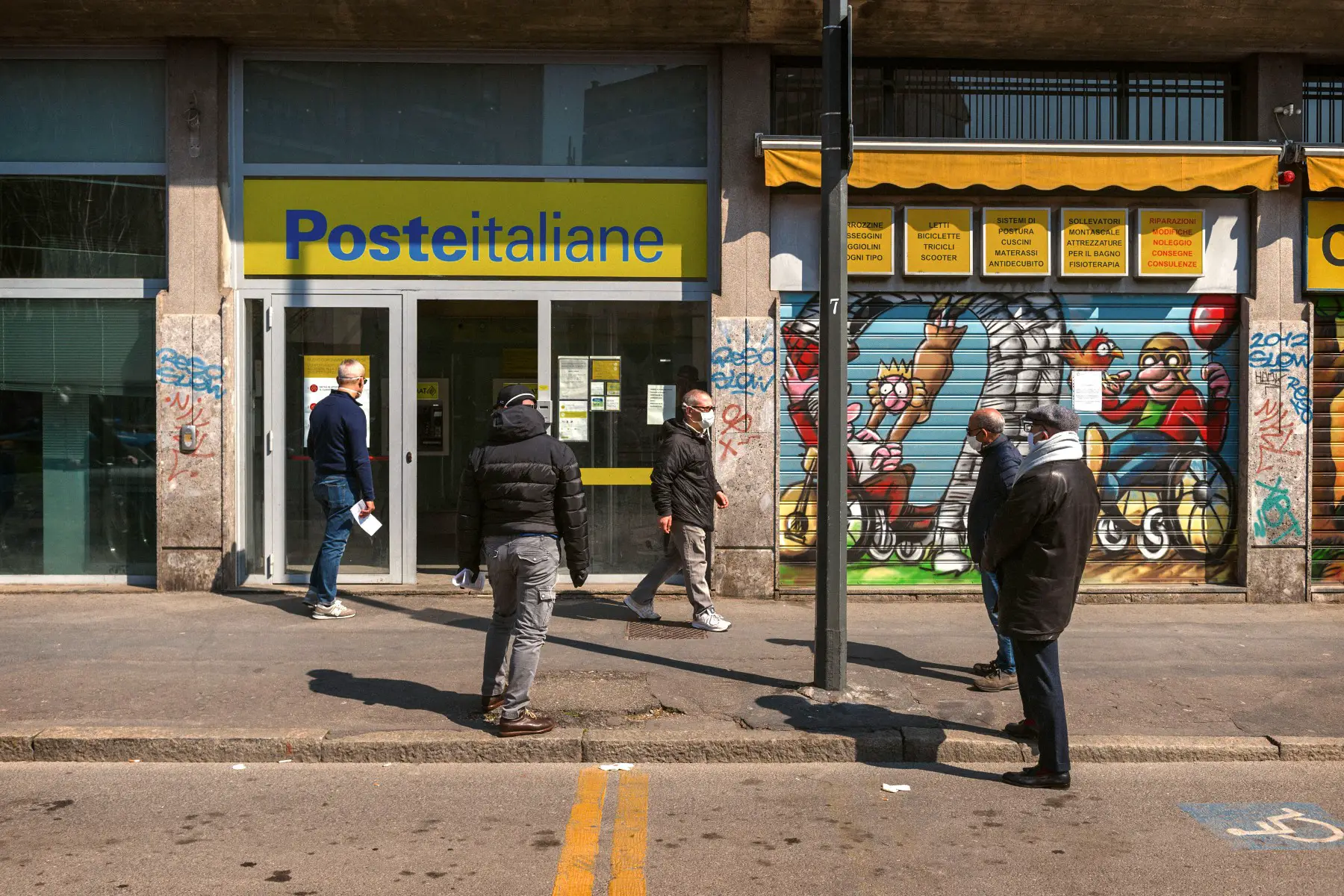
If you take the route of the post office, you can pick up a free yellow application kit (kit giallo). They will process the application and make an appointment for you with the immigration office (Ufficio Immigrazione) at the local police station. There, you must provide your photo and fingerprints. Minor children under the age of 12 do not have to give their prints.
For the application, you’ll need to submit the following:
- Valid passport or ID
- Italian tax number
- Proof of residence for the qualifying period (e.g., your residence permit)
- Proof of sufficient income (e.g., bank statements or tax statements)
- Certificate to show a clean criminal record
- Proof you passed the Italian language test
- Proof of health insurance
- Proof of payment
The application is usually processed within 60 days but could take up to six months. If successful, you can request and make an appointment to pick up your Electronic Identity Card (Carta di Identità Elettronica – CIE).
You can register with the Immigration Portal (Portale Immigrazione) to manage and track your application.
How much does permanent residence cost?
The cost of the application is just over €76, plus an extra charge of €100 for the permit itself. In some cases, you are exempt from paying the additional fee:
- Minor children under the age of 18
- Refugees, asylum seekers, or stateless persons
- Beneficiaries of a subsidiary or special protection
- Those receiving medical treatment (including their carers)
- Holders of existing EU long-term permits
The CIE has a fixed cost of €16.79, however, some municipalities charge additional administration costs.
Renewing your permanent residence in Italy
The permit does not expire. As long as you don’t break the conditions of your permit, you cannot lose your permanent residence status.
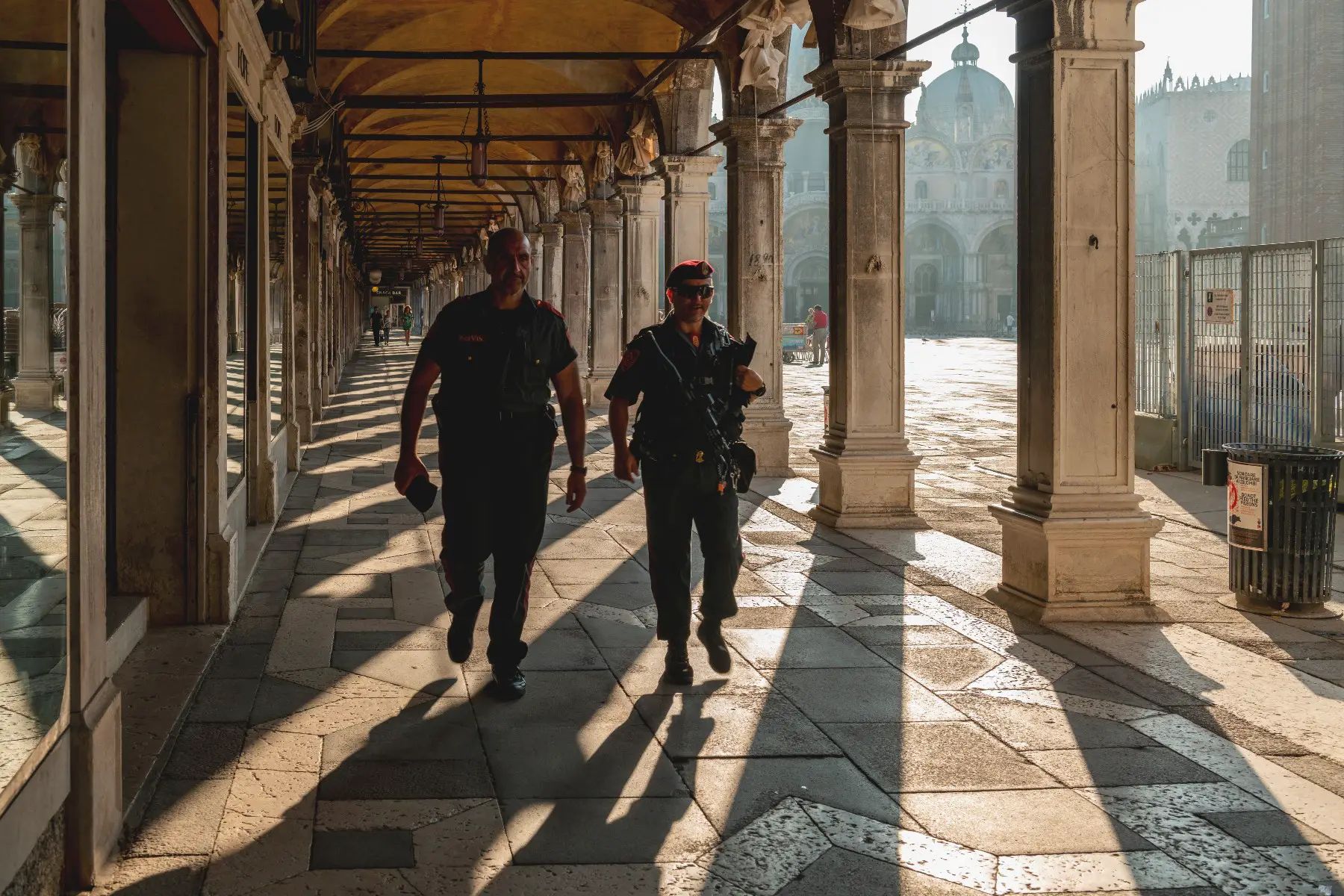
Residence cards, on the other hand, do have a best-before date, depending on your age:
- Valid for three years if it is for a minor child up to the age of three
- Valid for five years if it is for a minor aged between three and 18
- Valid for 10 years if it is for an adult over the age of 18
You will need to replace your CIE card around 3–6 months before expiration.
The renewal process is similar to applying for a card for the first time. You can submit an application at the local post office or police headquarters. Expected fees are just over €76.
Italian permanent residence for family members
EU/EFTA nationals and others with a resident permit can invite selected third-country relatives to join them in Italy. Family members from the EU/EFTA do not need a visa and can move to the country without any fuss. Non-EU/EFTA relatives can apply for a family visa.
Your family members can apply for a permanent residence permit independently, as soon as the five-year residency requirement has passed.
Can you lose your permanent residence rights?
Once you’ve obtained permanent resident status, it is fairly difficult to lose. That said, it is not impossible. Your permanent residency can be taken away when you:
- Commit a crime – either serious or not – which means that you are deemed a threat to public order and security
- Commit fraud during your permanent residence application
- Have personal prevention measures taken out against you
- Have a similar residence permit in another EU member state
- Leave the country for more than six continuous years
- Leave the EU region for 12 consecutive months
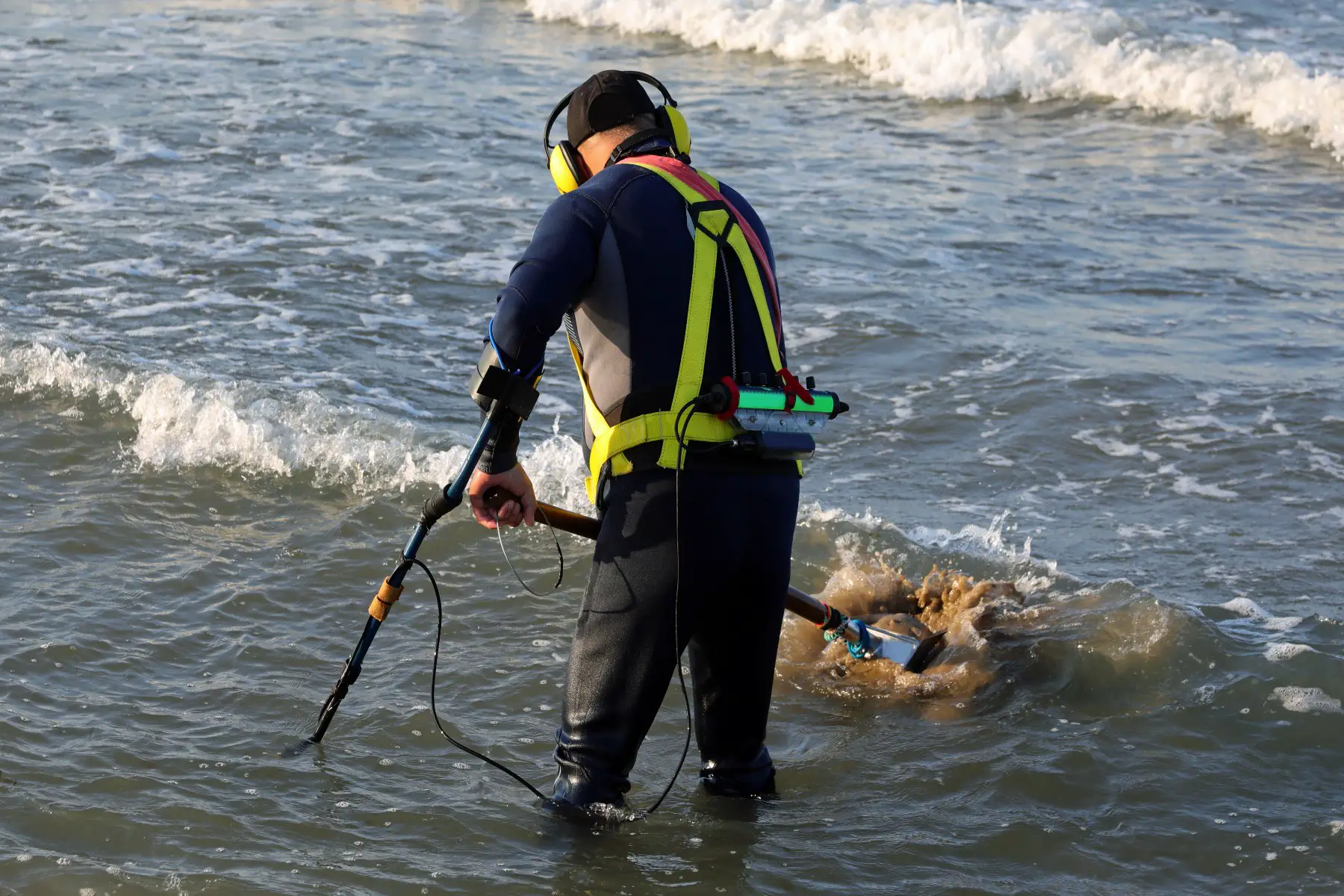
In the case of the latter three, you can reapply for your permanent residence permit after you meet the requirements. In other words, you will need to wait another five years as a temporary resident.
Your reapplication will be refused if you have lost your rights due to serious criminal charges or fraud.
What to do in case of refusal (appeals)?
You can be rejected from Italian permanent residence if your application is considered fraudulent or inaccurate. Other reasons that disqualify you from getting a permit include you:
- Are staying in Italy for study or professional training purposes
- Have a special protection permit (permesso per protezione speciale)
- Have a short-term residence permit
- Have legal status under the Vienna Conventions of 1961, 1963, or 1975, or the Convention on Special Missions of 1969
- Are considered dangerous for public order or state security
- Don’t meet the requirements (e.g., you’ve left the country for more than 10 months or have insufficient income)
First, you’ll receive a Notice of Rejection (Preavviso di Rigetto). This informs you of the pending decision, listing the issues that have arisen. You then have 10 days to present a defense. After that, the decision becomes final.
You then have 60 days to file an appeal with the competent Regional Administrative Court (Tribunali Amministrativi Regionali – TAR). Keep in mind that, if you do, you will usually have to pay legal fees.
Useful resources
- Ministry of the Interior – Italian government ministry responsible for immigration, visas, and residence permits
- Ministry of Labor and Social Policies (Ministero del Lavoro e delle Politiche Sociali) – Italian government website with information for immigrants
- Immigration Portal – information on residence permits including a portal where you can register and manage applications
- State police website (Polizia di Stato) – information on visas and residence permits
